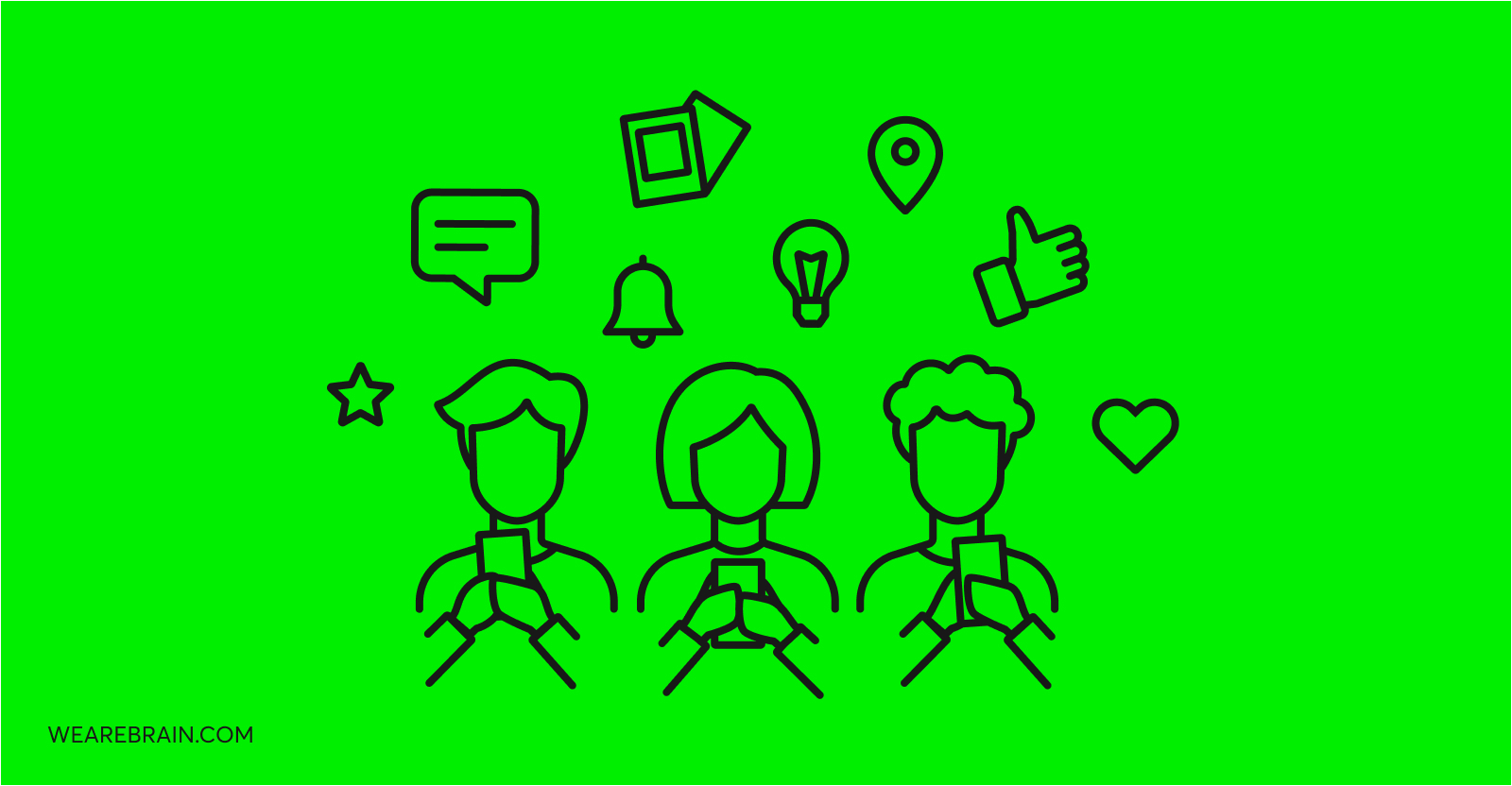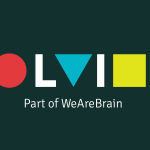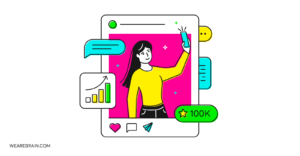Social media and the rising ethical dilemma

Delve into the ethical complexities of social media usage, examining its impact on mental health, democracy, and society’s well-being.
Key takeaways
- Mental health concerns: Direct correlation between social media use and increased mental health issues.
- Addiction: Significant addiction rates to social platforms among adults.
- Misinformation and radicalization: Platforms contribute to spreading fake news and fostering extremism.
- Ethical responsibility: Need for social media companies to address negative impacts.
- Action required: Importance of users and advertisers advocating for ethical platform practices.
The good and bad of social media
The polarising nature of social media has come into focus in the last several years. Its prolific use among teens and pre-teens has been directly correlated with a dramatic increase in teen suicide. Human beings are more depressed, anxious and stressed out than they have ever been before and all evidence points to the screen you’re likely reading this article from right now. Well, perhaps not this article, but certainly the multitude of social media platforms that have generated a society dependent on dopamine highs and a false sense of reality. With each reality being crafted uniquely to each individual based on recommender systems that are programmed to keep you scrolling for as long as possible.
Don’t get us wrong, there are also countless examples of how social media has helped people. On a very personal level, these platforms allow us to keep in touch with friends and family across the globe. They’ve inspired people to learn new things and take on new hobbies. It’s given us unprecedented access to global news (the true kind as well as the not so true kind). Social media has sparked incredibly important movements like Black Lives Matter and the #metoo movements. Social media is a very powerful tool. However, to steal a line from Peter Parker’s Uncle Ben, “with great power, comes great responsibility” and the way we see it, Social Media platforms aren’t holding up their end of the bargain particularly well.
Organisations like the Center for Humane Technology are doing their best to hold social media conglomerates to account. In fact, the heading on the lead banner for the websites states “As long as social media companies profit from addiction, depression and division, our society will continue to be at risk.” They’ve created what they call a “Ledger of Harms” that details some of the more grievous harm that society has endured thus far according to several peer-reviewed articles and studies. Here are some of the items we found particularly alarming.
Mental health and physical dependency
As we mentioned in the opening paragraph, one of the causes for concern around social media that has been getting a lot more attention these days is the effect social media is having on our sense of well-being. The initial findings – it’s not good.
For example, according to a study released by Honest Data in 2020 and referenced under the Ledger of Harms, 30% of adults between the age of 18-44 reported feeling anxious if they had not checked Facebook in two hours. And as many as 31% of people in the study of 2000 adults admitted to checking Facebook while driving. These figures support the assertion made by many research houses and medical studies that social media is addictive. In fact, according to the Addiction Centre, as many as 10% of American adults are certifiably addicted to social media. It has already been proven that each time you see a like or comment on your post your brain gives you a little shot of dopamine, the same hormone released in larger-than-usual quantities when you take opioids and cocaine.
On the flip side of the reward centre
Social Media doesn’t just lure you in with the promise of the release of your feel-good drug. As most people only share the best part of their lives on social media, they become sucked into a narrative that allows them to believe that everyone else is happier and more accomplished than they are. This fuels insecurities and unhappiness. Help Guide, an NGO dedicated to helping individuals prioritise mental and physical health, details three more social media ills that aid ailing mental health. These include:
- FOMO – Fear Of Missing Out: With social media, you can be treated to a moment-by-moment update on events around you and if you’re not able to attend the party, FOMO actually has a real effect on your serotonin production. This little hormone and the lack of it is the stuff depression is made of.
- Isolation – when you’re staring at your phone you’re not engaging with the world around you. The more you do this the more difficult it becomes to relate to others. This puts you in a nasty cycle of feeling isolated, so you go back to your phone to feel connected again.
- Cyberbullying – This is probably the ugliest part of social media and sadly the individuals who are victims of cyberbullying the most are those who are the most fragile in society. Girls as young as 9 are developing eating orders because they’re told by their peers that they are fat.
Fake news – the new legacy of 2020
The term fake news wasn’t coined in 2020, but its concept has caused a general mistrust among the public more so last year than any other. On January 22nd 2017, the US counsellor to Donald Trump gave an interview where she claimed that then press secretary, Sean Spicer, provided ‘alternative facts’ when confronted about lying about the size of the crowd at the Trump inauguration.
However, while politicians, people of influence and news organisations were responsible for creating the misinformation, social media became the breeding ground for the distribution of fake news. The American government has been the loudest proclaimer of fake news but, they are not the only one. When Brazilian far-right president Jair Bolsonaro was inaugurated, the crowd began chanting the names of social media platforms because reportedly they were crediting these platforms with his victory. According to Vox, during the campaign, a conservative pro-business group funded a disinformation campaign that spread false and damaging information about the now president’s left-wing opponent. Similar scenarios have been popping up the world over, with deeply problematic leaders being elected because of the spread of misinformation.
According to the Wall Street Journal, 64% of all extremist group joins are due to the recommendation tools that Facebook has. This information was presented to senior Facebook officers in 2016 already and was covered in a Wall Street Journal’s 2020 investigation. Despite repeated attempts to counteract this, those in charge have continually ignored or deliberately shut down any initiatives to implement any changes. Shockingly, in 2018 the company line stated that Facebook was moving ‘away from societal good to individual value’. This willfulness to ignore the harm their platform does has resulted in violence and even death.
Engagement, growth and advertising
This information alone should make you wary of the social media platforms you use. The truth is they have little interest in protecting your well-being. Netflix’s documentary, The Social Dilemma, has a slew of ex-social media bigwigs talking about the problems that have been created by an industry that largely remains unchecked. The ultimate answer to why there seems to be a lack of morality within the industry is that being more careful about what people share would mean fewer profits. People are drawn towards inflammatory news. That’s why sensational headlines receive more clicks. Unfortunately, it has also been confirmed that seeing a fake news piece a second time on your newsfeed means there is a significantly increased likelihood that you will believe the information to be true.
It’s because these types of information keep you scrolling for longer and are more likely to get you clicking yourself deeper down the rabbit hole that social media giants are reticent to control the information shared on their platforms. The more you engage, the higher the price tag is for advertisers. It is in their financial interests to have a following that is angry and explosive.
What we think
As a tech agency, we have an affinity for all things digital and we believe that social media has a part to play in society. After all, as we mentioned above it is not all bad. Many good things have come from the advent of social media. However, it has become the dangerous playground of dangerous people. The unchecked use of social media to interfere with other country’s politics is all we need to know.
We believe that as much as it is up to each individual to fact-check the information they share, businesses that advertise on these platforms are probably best suited to hold these platforms to account. They are social media’s clients after all and each platform’s reason for being as profitable as they are. Yes, it’s true. The deluge of people on social media are not the customers– they are the product. Our attention has become the biggest commodity and it’s what companies pay for.
If you remain silent you are complicit
It is comforting that some big brands like Coca Cola and Lego are boycotting the likes of Facebook in a campaign to get them to put an end to the spread of hate and the continued harassment of people based on prejudices. However, we need more businesses, big and small, to come out and protest this blatant disregard for the global population’s well-being if we truly wish to change anything. And we do need things to change because estimates show that at this rate it will only get worse. We will become more divided as a society and finding common ground will become close to impossible.
If for no other reason than social media is quite literally making us ill, we encourage you to develop a social media code of conduct that takes into consideration the acts of the platforms you are advertising on. If there is a question about their morality then it’s time to refrain from using them until they change.
Paula Ferrai
Working Machines
An executive’s guide to AI and Intelligent Automation. Working Machines takes a look at how the renewed vigour for the development of Artificial Intelligence and Intelligent Automation technology has begun to change how businesses operate.







